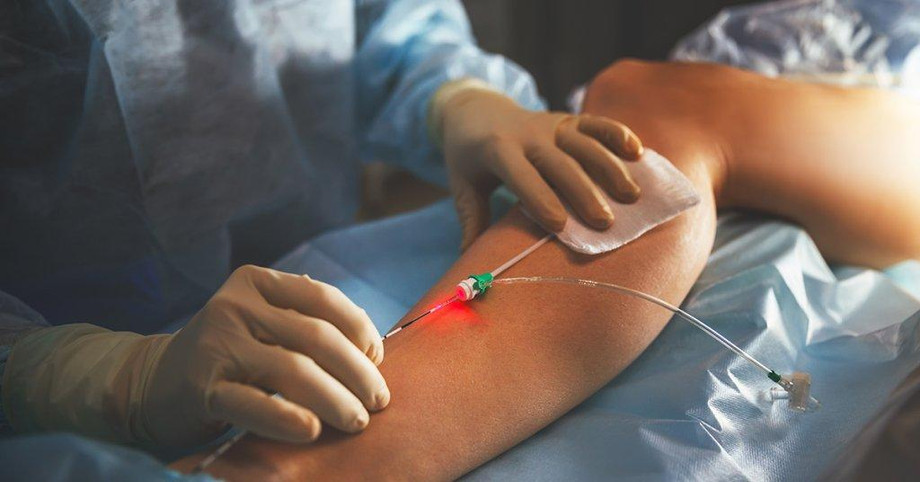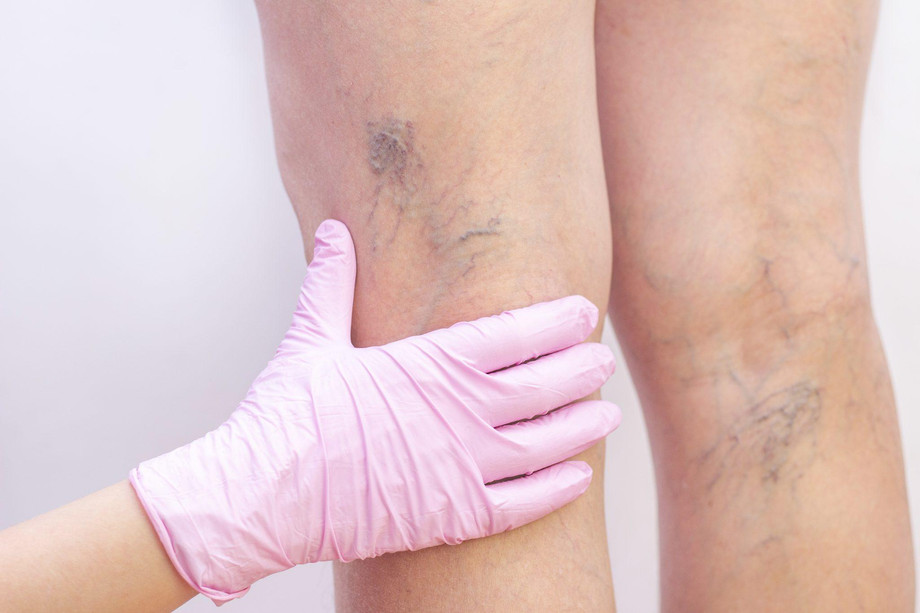What Are the Signs to See a Vein Center?
Vein Treatment: What are the treatment options for varicose veins? Enlarged varicose and swollen veins are generally treated with ligation and stripping, laser and radio treatments. But sometimes, the combination of treatments may work better. Veins specialists treat smaller and spider veins by laser therapy or sclerotherapy on your skin.
What Can a Specialist Do?
Vein specialists have expertise and training in recognizing venous disorders and problems. A comprehensive examination or evaluation by utilizing various diagnostic screenings and different tests can help specialists determine the disease's symptoms and solutions. What do vein centers do?
8 signs to see a vein specialist
- If you are experiencing acute pain or swelling in your one leg. Although You may associate that pain and swell with muscle or joint injuries, sometimes they indicate vein issues. If you feel some swelling in your one leg, it could be a sign of inadequate blood circulation. So it would be best if you visit a vein specialist.
- When you notice some discoloured veins under your skin or your veins appear red, green, or blue under the skin. It can signify trouble, although many people consider it purely cosmetic. Sometimes they can cause complications and signs of venous disorder.
3. Your legs feel weak at the end of the day
In most cases, people standing for an extended time can cause you to feel weak or tired. In this happens to you regularly, you may need to contact a veins specialist to check for any blockage or other veins-related problems.
4. If you experience any vein problems in an earlier pregnancy
Even pregnancy can cause a strain on the circulatory system. The increase in blood flow puts extra stress on the vein walls.
5. If you have continuous leg pain
Many factors can cause continuous pain. Not only because of varicose veins but also because you may have arthritis, strain or any injury pain. In addition, it does not guarantee this is a sign of a vein problem.
6. Dry, itchy spots near your feet or ankles
Any disruption related to the circulation system in your legs can cause dryness and itchy skin. This is commonly found on your ankles or feet because the distance from the heart is furthest. Try to use a moisturizing product, and avoid soaking your feet in hot water to see better results. For more information, you can consult a vein specialist.
7. Family history of venous disease
Suppose there is a genetic link in the veins disease. If you have a family history, it can help you to be proactive. Immediately talk to a vein specialist for an accurate assessment of your risks, and you can minimize them by changing your lifestyle.
8. If you have sores on your legs that will not heal
Veins varicose is usually associated with diabetes, but sores on your legs that can counter healing may signify opposite circulation.
Article Source : https://www.articleapprove.com/what-are-the-signs-to-see-a-vein-center/


Comments
Post a Comment